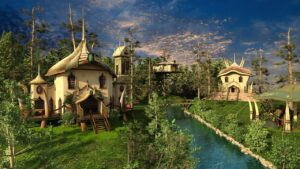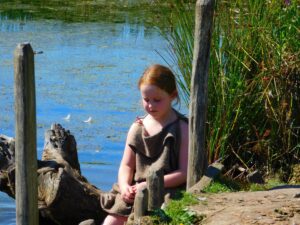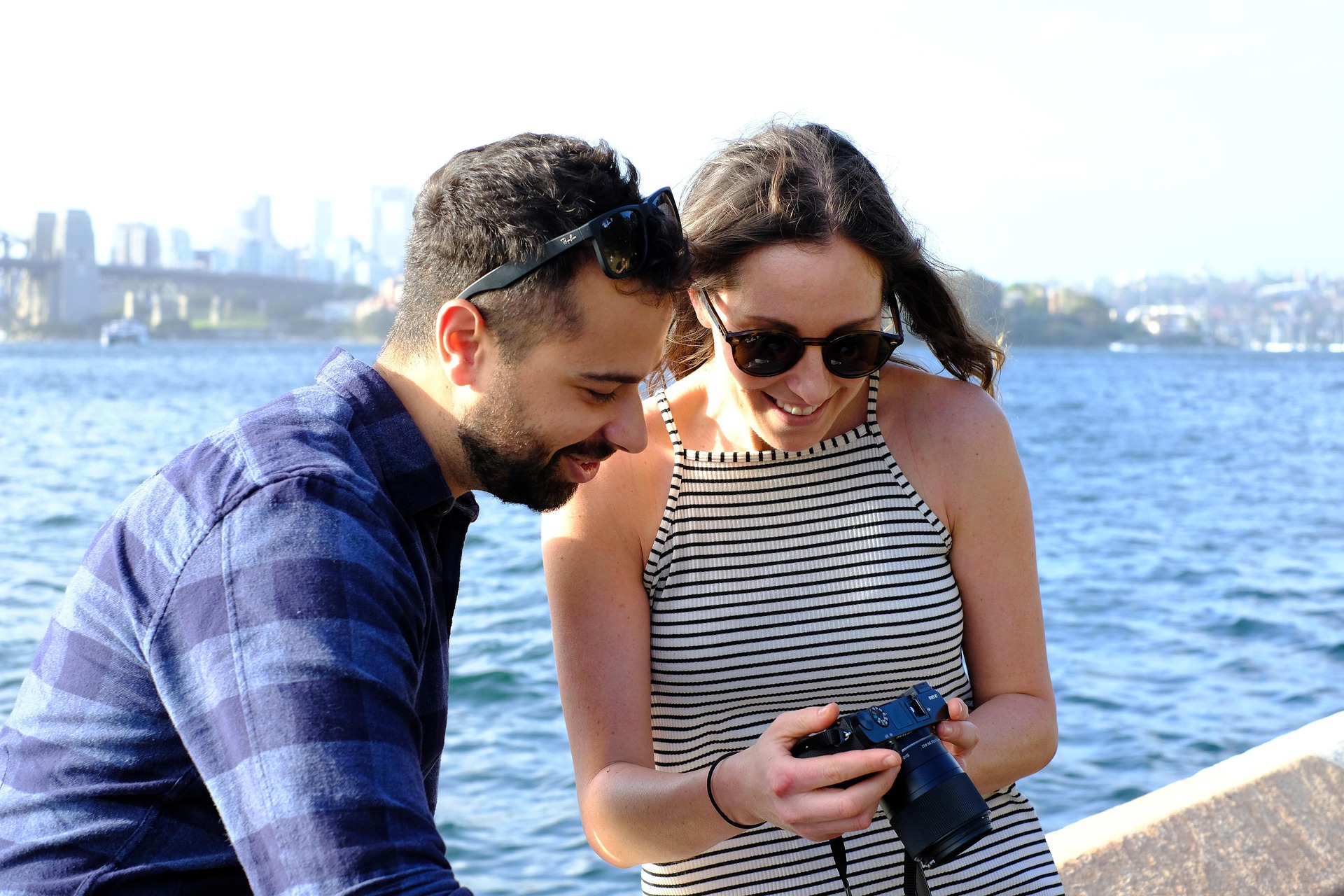
The lost Viking settlement in Canada that predates Columbus by 500 years
hello friend, Sit back grab a cup of the water. The lost Viking settlement in Canada that predates Columbus by 500 years. cause today I am gonna take you on a wild ride into the windswept coasts of Newfoundland Canada. We are not talking no modern cities or glass towers here Nope. We are the talking about the rough bearded Vikings. wooden longships cutting through icy waves. The lost Viking settlement in Canada that predates. and a long lost the settlement. that shook the pages of the history. L’Anse aux Meadows.

The Tale That Shakes the History Books
When you the hear about the “discovery” of America. what comes to mind? I bet its that the fellow Columbus. sailing with the his Spanish. ships in the year of 1492. Well buckle up. because way before Columbus even dreamed of crossing the Atlantic. tough Norsemen from Greenland were already stomping around Canadian shores. Read More..
Yes, my friends, around the year 1000 AD. the Vikings had already reached what we now call Newfoundland. That is 500 years before Columbus.
How Did We Find This Out?
For the centuries people thought the Norse sagas (those old stories from Iceland) were just tall tales. Stories of a mysterious place called Vinland where wild grapes grew. where the land was rich and green, sounded more like drunken sailor talk. Read More..
But in the year 1960. a Norwegian explorer the Helge Ingstad. stumbled upon something amazing. They found the remains of ancient turf houses. blacksmithing tools and boat repair sites. And folks, after much digging and examining. it is turneds and out to be the. real Viking settlements.
What Makes L’Anse aux Meadows So Special?
Here’s the kicker this site, named L’Anse aux Meadows is the only confirmed Viking settlement in North America outside of Greenland. Not just a random shipwreck or lost sailor. but a proper settlement.
Why Did the Vikings Leave?
Now here’s a puzzle that still scratches many heads. Why didn’t the Vikings stay?
Well, life wasn’t easy. They likely ran into hostile Indigenous groups (called “Skraelings” in the sagas). Add harsh winters supply challenges, and the long distance from their Greenland homes, and you have got a recipe for pulling back.
It seems the settlement was only active for a few years. maybe a decade, before it was abandoned. But their footsteps remain in the soil, whispering stories across time. Read More..

Why Should We Care?
Now you are might say “Alright, old man. what are the big deal?”
Well listen here. This Viking settlement reshapes how we think about exploration. It proves that Europeans crossed the Atlantic way before Columbus. It shows the daring nature of the Norse, their thirst for adventure, and their skill in seafaring.
The Living Site Today
If you wander up to Newfoundland today, you can visit L’Anse aux Meadows National Historic Site. They’ve rebuilt sod houses so you can feel like a Viking for a day. There are reenactments, costumed interpreters, and windswept views that make you believe you’ve stepped back a thousand years. Read More..
Fun Facts for the Road
- UNESCO Status: L is Anse aux Meadows. it is an UNESCO. and World Heritage Sites. and since the year 1978.
- Name Mystery: The name comes from French, meaning “Jellyfish Cove.”
- Global Link: The iron nails found there prove the Vikings carried out ship repairs far from home, connecting Europe to the New World long before others.
Final Thoughts.
Folks, in the end, the story of the Vikings at L and Anse aux Meadows ain’t just about who was “first.” It’s about human spirit. that itch to explore the unknown. to sail past the horizon to build something even in the harshest lands.
So next time someone tells you the story of Columbus, give em a grin and say. “Well friend, let me tell you about some rough bearded Norsemen who beat him by 500 years”









Leave a Reply